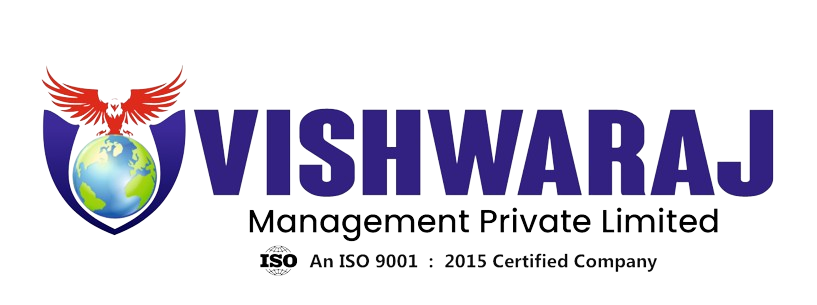Facility Management Services
- Facility management services refer to a broad range of activities and tasks involved in managing and maintaining the physical assets and infrastructure of a facility or building. These services are crucial for ensuring the efficient and safe operation of a facility while optimizing its use and minimizing operational costs. Facility management services can be provided by in-house teams or outsourced to third-party service providers. Here are some key aspects of facility management services:
- Building Maintenance: This includes routine maintenance tasks such as cleaning, landscaping, HVAC (Heating, Ventilation, and Air Conditioning) system maintenance, plumbing, electrical work, and general repairs to keep the facility in good working condition.
- Security and Safety: Ensuring the safety and security of a facility is a critical component of facility management. This involves managing security personnel, access control systems, surveillance, fire safety, and emergency response plans.
- Space Planning and Management: Facility managers are responsible for optimizing the use of space within a facility. This includes designing layouts, allocating office space, and making adjustments as needed to accommodate changing needs.
- Energy Management: Facility managers aim to reduce energy consumption and improve energy efficiency by monitoring and controlling energy systems and implementing energy-saving measures.
- Environmental Sustainability: Many facilities today prioritize sustainability. Facility managers may oversee efforts to reduce environmental impact through initiatives like waste management, recycling, and the use of renewable energy sources.
- Asset Management: Managing the lifecycle of assets within a facility is essential. This involves tracking and maintaining an inventory of equipment, furniture, and other assets, as well as planning for replacements and upgrades.
- Vendor Management: Facility managers often work with various vendors and service providers, such as cleaning companies, security firms, and maintenance contractors, to ensure that services are delivered efficiently and within budget.
- Compliance and Regulations: Staying compliant with local, state, and federal regulations, as well as industry standards, is a key responsibility. Facility managers need to be aware of and adhere to building codes, safety regulations, and environmental laws.
- Budgeting and Cost Management: Managing the financial aspects of facility management is crucial. This includes budget planning, cost control, and financial reporting to ensure that operations remain cost-effective.
- Tenant and Stakeholder Relations: For facilities that house tenants or serve various stakeholders, facility managers must maintain good relationships and address their needs and concerns.
- Technology Integration: The integration of technology, such as building management systems (BMS), IoT devices, and data analytics, plays an increasingly significant role in optimizing facility operations and enhancing efficiency.
- Effective facility management services are essential for organizations to provide a safe, comfortable, and productive environment for employees and visitors while also managing operational costs and environmental impact. The scope of facility management can vary widely depending on the type of facility and the specific needs and goals of the organization

